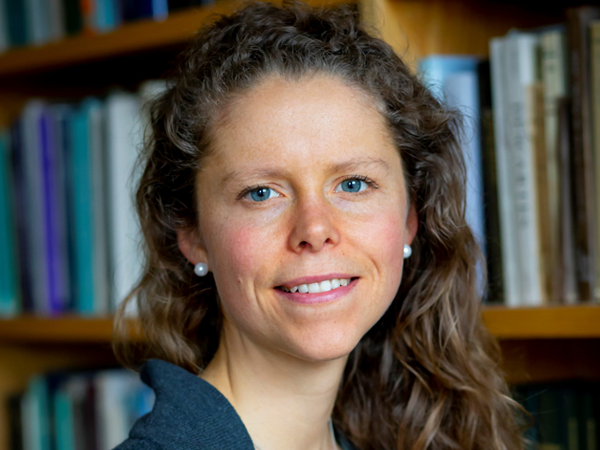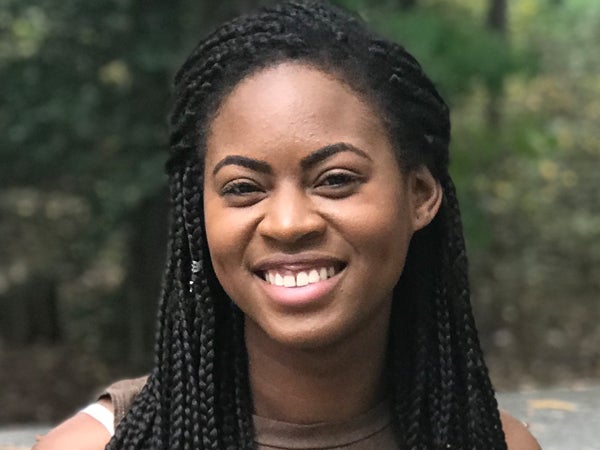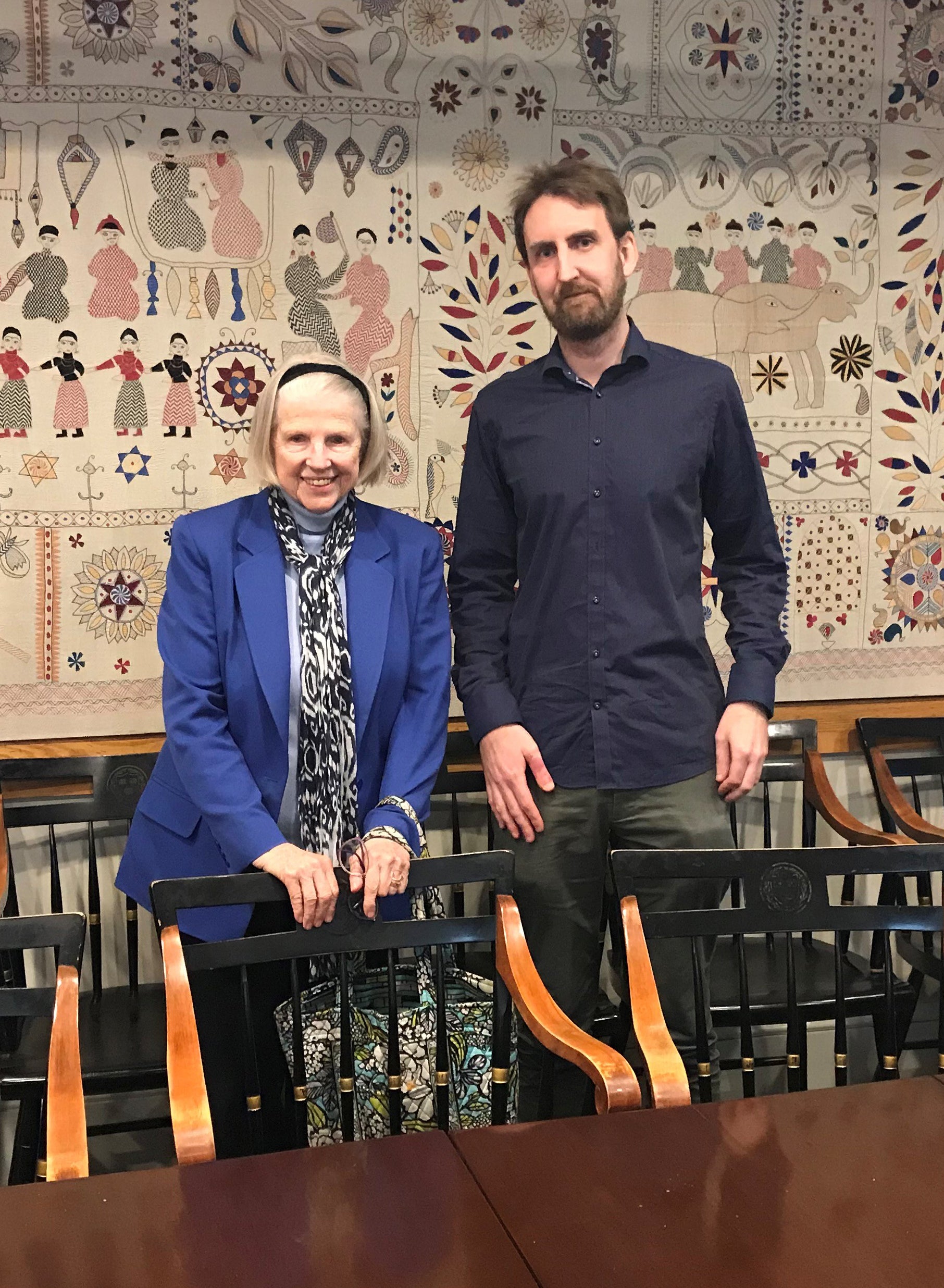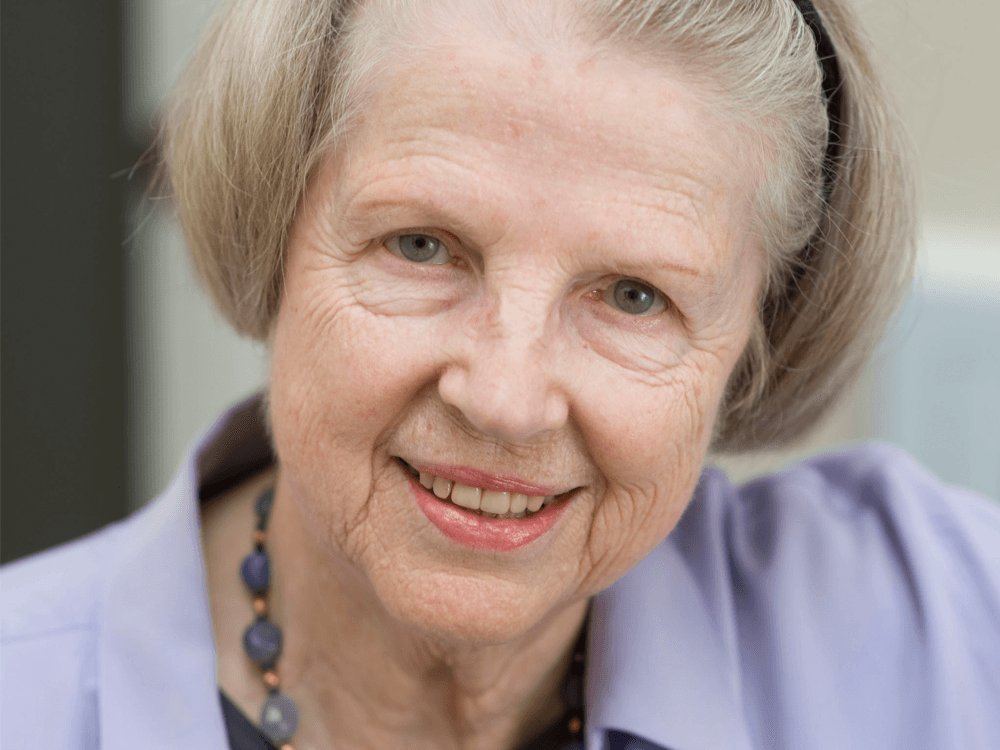Overview of the Sissela Bok Ethics and Population Research Prize
The Harvard Center for Population and Development Studies is proud to offer the Sissela Bok Ethics and Population Research Prize. A $5,000 prize is awarded biennially in the form of a research/travel grant to a doctoral student, postdoctoral fellow or untenured faculty member at Harvard who has incorporated ethical considerations into their population science research. The Prize is named after longtime Harvard Pop Center member Sissela Bok, a philosopher, ethicist, and writer who has spent her renowned career exploring both personal moral obligations, as well as those of societies as a whole.
The application process involves submitting a one–page letter that includes a description of research that incorporates high standards of ethics considerations and a brief explanation of the ethical problem(s) germane to the research, along with a CV. Recipients are selected by a small committee within the HCPDS. The call for applications is announced via the Harvard Pop Center website, and its e-newsletter.
Winners of the Sissela Bok Ethics and Population Research Prize
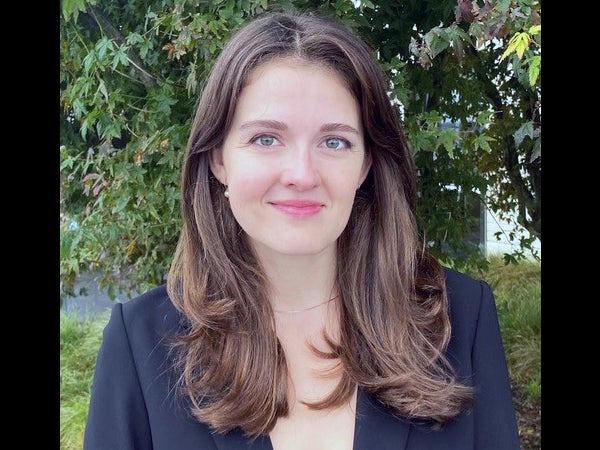
Leah Pierson is currently a third-year medical student at Harvard Medical School, and recently completed her PhD in the Department of Global Health and Population at the Harvard T.H. Chan School of Public Health. Her research focuses on ethical issues in public health, and in particular, those related to priority setting. Her dissertation, “Ethics Amidst Uncertainty: Essays on Global Health Priority Setting,” focused on the challenges that global health actors face when it comes to setting priorities, namely the uncertainties about: the efficacy of different policies and interventions; the future; and what one morally ought to do. Leah plans to use the cash prize to build on this work, focusing on the kinds of processes we should use to make priority-setting decisions. In addition to her academic work, she aims to communicate about bioethical issues to non-bioethicists through a podcast she co-hosts, Bio(un)ethical, and by writing op-eds and perspective pieces. Before beginning her MD/PhD, Leah received a BA in human rights from Brown University, and completed a pre-doctoral fellowship in the NIH Department of Bioethics.
Britta Clark is a doctoral student in philosophy at Harvard University. She holds an MA in philosophy from the University of Otago in Dunedin, New Zealand, and a BA in philosophy and environmental studies from Bates College in Lewiston, Maine. Her research interests include social and political philosophy, climate change ethics, environmental ethics, intergenerational justice, and collective responsibility. The working title of her in-process dissertation is: “Intergenerational Justice in an Unjust World.” In particular, Clark is exploring whether proposed technological responses to climate change, such as ‘solar geoengineering,’ or a more economic strategy that involves the ‘degrowth’ of certain sectors that contribute to emissions both satisfy the demands of ‘intergenerational justice.’ She used the prize funds for conference travel to present her work.
Keona J. Wynne was a first-year doctoral student in the Population Health Sciences PhD program at the Harvard T.H. Chan School of Public Health when she was awarded the Bok Prize. She used the funds to further her work on better understanding and clarifying the concepts around personal responsibility for health (“lifestyle theory”) and how they interact with social determinants of health. Wynne earned a Bachelor of Science in biology from Howard University in Washington, DC, and a master’s degree in bioethics from Harvard before beginning her PhD program in the social and behavioral sciences field of study.
Anders Herlitz, PhD, was a research fellow and visiting scientist in the Department of Global Health and Population at the Harvard T.H. Chan School of Public Health in 2017 when he was awarded the inaugural Bok Prize. His research is focused on population-level bioethics, and he examines how scarce health-related resources should be distributed across populations with diverse needs and capacities. Herlitz holds a PhD in political and social sciences from the European University Institute in Florence. He is currently a researcher at the Institute for Futures Studies and associate professor in Practical Philosophy at Stockholm University.
Philosopher, ethicist, and writer, Sissela Bok, PhD, has spent her career exploring both personal moral obligations as well as those of societies as a whole. A member of the HCPDS for over 20 years, Dr. Bok has given voice to the ethical implications in aging, contraception and the environment, as well as international initiatives like the Common Security Forum. She has taught at Harvard, Radcliffe, Tufts, and Brandeis and is the author of numerous books such as “Lying: Moral Choice in Public and Private Life,” (1978), “Mayhem: Violence as Public Entertainment,” (1998), and “Exploring Happiness: From Aristotle to Brain Science,” (2010).

